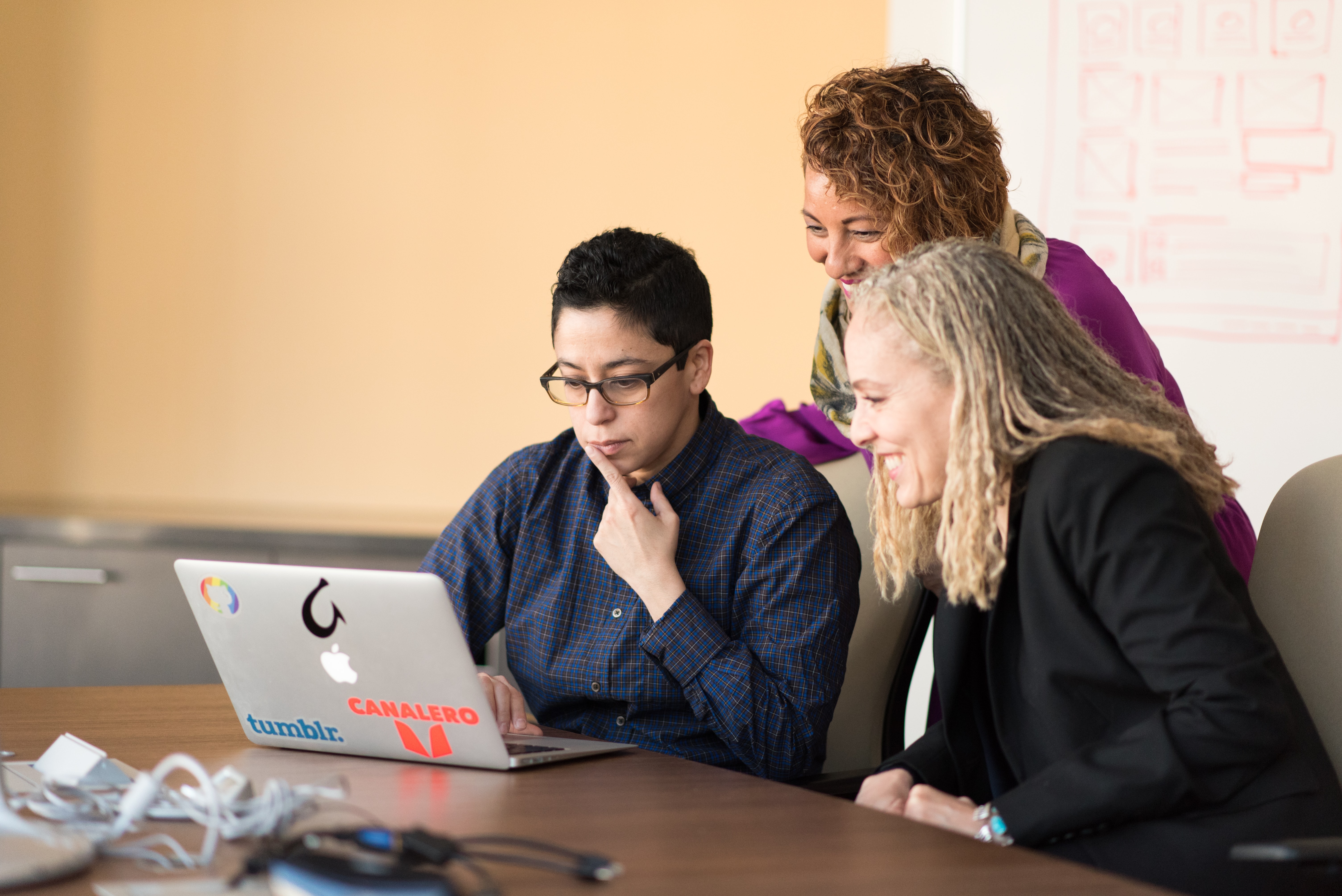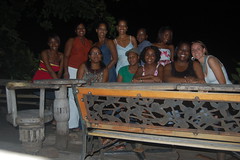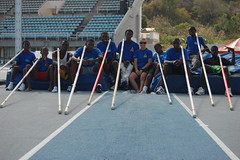Businesses and academic institutions need to improve diversity to ensure that people of all socioeconomic backgrounds, races, ethnicities, sexual orientations, and genders are represented. Improving diversity not only has a positive impact on the organization, but also on individuals and their wider communities.
President Barack Obama noted in a 2016 presidential memorandum, “Research has shown that diverse groups are more effective at problem solving than homogenous groups, and policies that promote diversity and inclusion will enhance our ability to draw from the broadest possible pool of talent, solve our toughest challenges, maximize employee engagement and innovation, and lead by example by setting a high standard for providing access to opportunity to all segments of our society.”
As Obama highlights, it’s clear that diversity has measurable benefits, including:
Increased creativity and innovation: A wide range of perspectives can lead to better solutions.
Improved understanding of value sets: A more diverse group of professionals will have a better understanding of colleagues’ and clients’ different belief systems.
More effective problem-solving: Different people have different backgrounds and experiences to draw on.
Enhanced communication: People who speak the same language or otherwise share similar backgrounds, may be able to communicate more effectively.
Boosted employee engagement and retention: People take pride in working for companies that are making a positive impact.
It’s critical that organizations increase representation in healthcare in order to improve employee and student engagement and build stronger communities. Additionally, the majority of employees (57%) want their employers to improve diversity and about 9 in 10 believe their organization needs to do more to increase representation.
In order to increase diversity companies can take the following steps:
- Commit to diversity: Evidence suggests that institutional commitment to diversity leads to fewer reports of discrimination and bias.
- Increase access to education: Everyone should have equal opportunity to get a quality education. Increased access to educational opportunities also aids people in earning more over their lifetime.
- Build an inclusive environment: Prove to employees, students, and customers, as well as the community at large, that diversity is a core value of the organization.
- Create a mentoring program: Help people learn to best navigate academic and professional environments as well as to feel supported.
The visual below from the University of St. Augustine shares additional information about the importance of promoting diversity and ways to increase representation.





